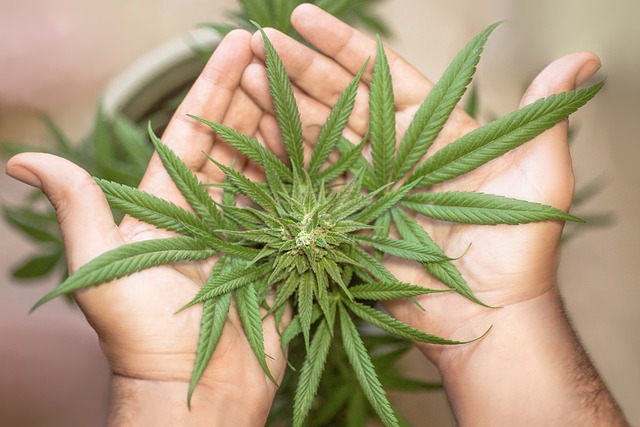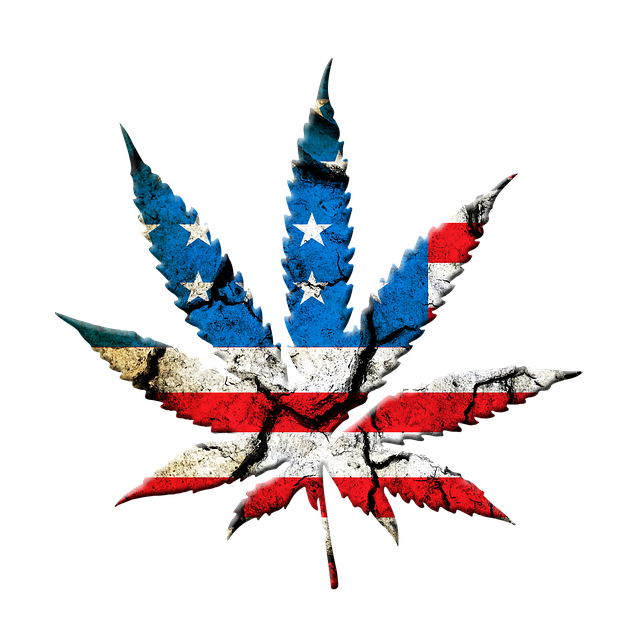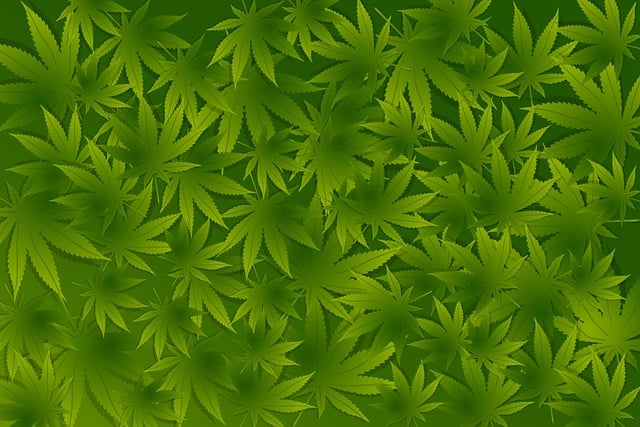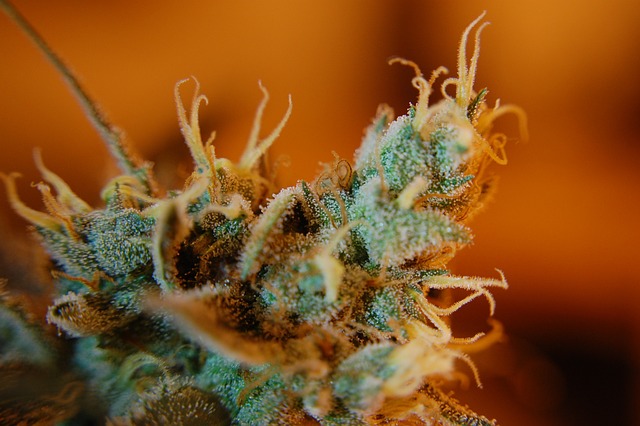THCA (Tetrahydrocannabinolic Acid), a non-psychoactive cannabinoid that's a precursor to THC, is under research for its potential health benefits and anti-inflammatory properties. It has become a subject of interest in Canada's evolving cannabis landscape, with certain provinces like Ontario and British Columbia legally permitting the sale and consumption of THCA flower within their regulated adult-use markets. In contrast, provinces such as Alberta offer more liberal access to THCA flowers. The legal status of THCA in Canada is determined by both federal regulations under the Cannabis Act and provincial laws, leading to a patchwork of regulations across the country. Consumers are advised to be well-informed about their province's specific laws regarding THCA, as these can vary significantly. As cannabis legislation continues to evolve in Canada, staying up-to-date on the legal standing of THCA within each province is crucial for anyone interested in its potential therapeutic uses.
Exploring the multifaceted nature of cannabinoids, this article sheds light on THCA flowers, a subject gaining attention within the cannabis community. With an emphasis on their emerging role and legal status across Canadian provinces, we delve into the science behind THCA’s therapeutic potential and its impact on users. As we differentiate THCA from other cannabinoids and discuss the entourage effect, safety considerations are paramount when navigating THCA flower consumption. We provide insights on finding the right dosage, how THCA affects different individuals, and the importance of understanding its side effects. This comprehensive guide also covers the comparative aspects of THCA to Delta-9 THC, the influence of terpenes, guidelines for responsible use, and the evolving regulatory landscape in Canada. Additionally, we address common misconceptions and offer a comparative look at THCA’s legal status internationally, ensuring you have the information needed to incorporate THCA flowers into your wellness routine safely and responsibly.
- THCA Flower and Its Emerging Role in Cannabis Use
- Understanding THCA: The Precursor to THC
- Legal Status of THCA Flowers Across Canadian Provinces
THCA Flower and Its Emerging Role in Cannabis Use

THCA, or Tetrahydrocannabinolic Acid, is a non-psychoactive cannabinoid found in raw cannabis plants and one that undergoes decarboxylation to become THC, the primary psychoactive component of cannabis. With growing interest in the therapeutic potential of cannabinoids, THCA has garnered significant attention due to its promising health benefits. In Canada, the legal landscape surrounding cannabinoids is evolving, with regulations distinguishing between products for medical and recreational use. As of the latest updates, THCA flower, which contains the acid form of THC, is legally permissible in certain provinces within Canada, provided it is sold as an extract or within a licensed medical cannabis program. This emergent role of THCA in cannabis use stems from preliminary research suggesting its anti-inflammatory and neuroprotective properties, making it a subject of interest for both researchers and consumers seeking natural alternatives to conventional medications. Users often consume THCA flower raw to avoid the psychoactive effects associated with THC while still potentially reaping the benefits associated with this cannabinoid. As regulations continue to adapt, the availability and understanding of THCA’s role in health and wellness are likely to expand, offering new dimensions for cannabis research and application within the legal framework established by Canadian provinces.
Understanding THCA: The Precursor to THC

Delta-9-tetrahydrocannabinolic acid (THCA) is a naturally occurring cannabinoid found in the Cannabis sativa plant, which is the precursor to the more well-known psychoactive compound delta-9-tetrahydrocannabinol (THC). THCA’s legal status varies across Canadian provinces, with regulations that are subject to both federal and provincial laws. In Canada, the Cannabis Act federally legalized cannabis for medical and recreational purposes, but the specifics of possession, sale, and consumption are dictated by each province’s individual policies. As such, residents should be aware of the nuances in THCA legality within their jurisdiction, as some provinces may have restrictions or limitations on the cultivation, sale, and use of cannabis in its raw or flower form.
Despite THCA’s non-psychoactive nature, it is often sought after for its potential therapeutic benefits, which include anti-inflammatory, analgesic, and neuroprotective properties. In the context of health and wellness, consumers in regions where THCA flower is legal are exploring its effects as an alternative to or in conjunction with THC. Research suggests that THCA may offer a range of benefits without the psychoactive effects associated with THC. As interest in cannabinoids continues to grow, understanding the differences between THCA and THC becomes increasingly important for consumers, healthcare providers, and policymakers alike. This is particularly true in Canada, where the evolving legal landscape requires careful attention to stay informed on the most current regulations.
Legal Status of THCA Flowers Across Canadian Provinces

In Canada, the legal status of tetrahydrocannabinolic acid (THCA) flowers varies across provincial and territorial jurisdictions, as cannabis legislation is primarily under federal oversight but with certain powers reserved for the provinces and territories. THCA, which is the precursor to THC (tetrahydrocannabinol), the primary psychoactive component of cannabis, can be found in hemp and some cannabis strains. As of the writing of this article, the sale and possession of cannabis products, including THCA flowers, are regulated under the Cannabis Act of 2018 at the federal level, which legalized cannabis for recreational use nationwide. However, each province and territory has its own regulations regarding the retail distribution and consumption of these products. For instance, while federally legal, in some provinces like Ontario and British Columbia, THCA flowers are available for purchase from licensed retailers for adult use, while others have more restrictive policies. In contrast, Alberta has taken a more liberal stance, allowing for broader access to various cannabis derivatives, including THCA flowers, often marketed for their potential wellness benefits. Consumers should always verify the specific laws within their province or territory, as local regulations can dictate where and how THCA flowers may be legally consumed or possessed. It is crucial for individuals to stay informed on the evolving legal landscape surrounding cannabis and its derivatives, as policies can change with legislative updates.
THCA flowers, a non-psychoactive precursor to THC found in cannabis, have garnered attention for their potential therapeutic benefits. As the understanding of their role in cannabis use expands, it’s clear that these compounds play a significant part in the diverse effects of cannabis. The legal status of THCA flowers varies across Canadian provinces, with regulations reflecting a nuanced approach to cannabinoid products. This article has shed light on the emerging science and varying laws governing THCA legality within Canada, offering readers a comprehensive view of this complex subject. For those interested in exploring the potential health benefits of THCA while adhering to local laws, it’s crucial to stay informed about the evolving legal landscape surrounding cannabis products across Canadian provinces.
